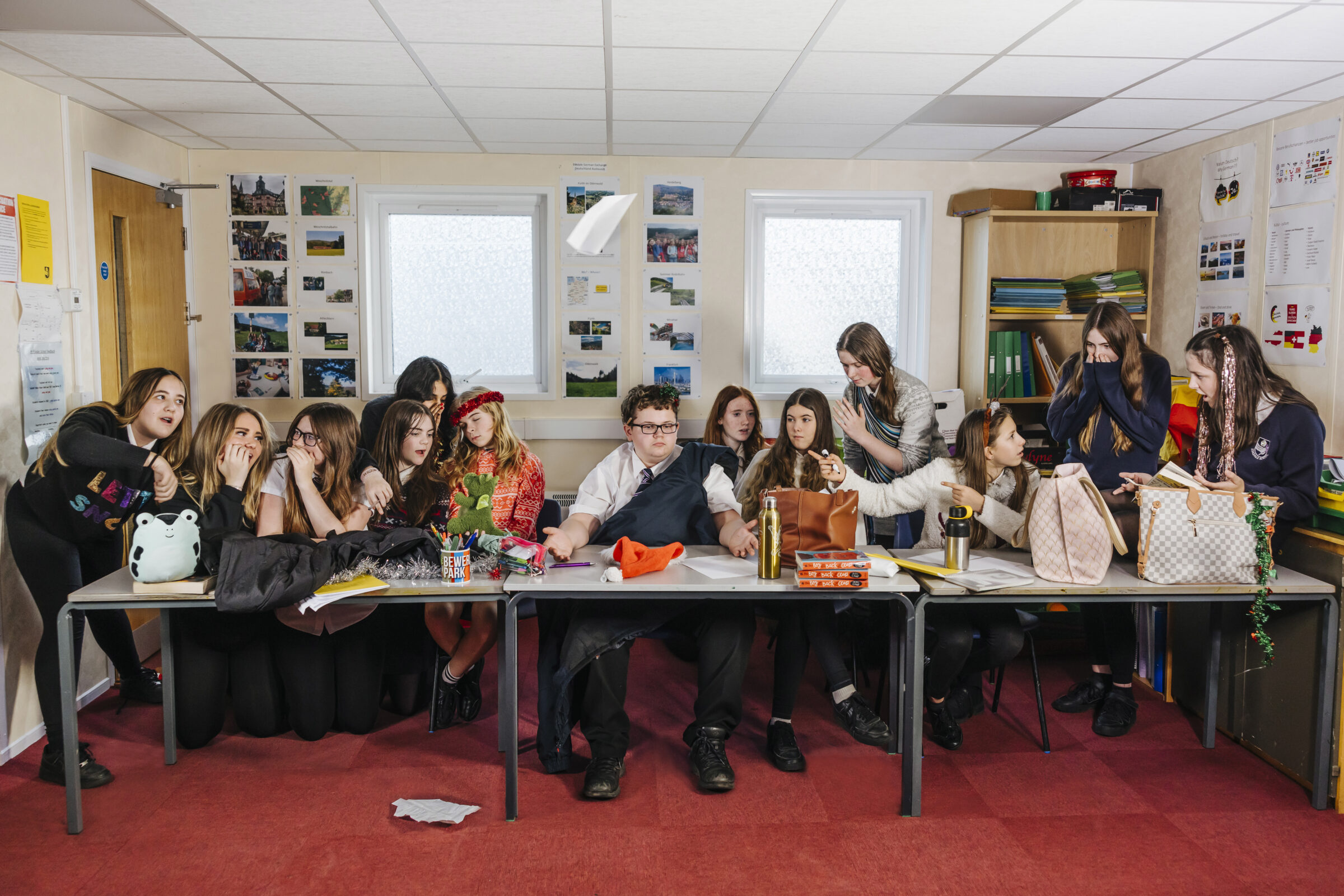
A lost cause?
It has been a while, far too long in fact, since I posted here. But I cannot think of a better tale to tell than this.
I have been privileged to be a mentor with the Ideas Foundation for many years. Bringing access to the creative industries to kids who often never get the chance to explore their latent creative talents. If you don’t know about the Ideas Foundation I encourage you to look it up. That is especially true if you run a large company and want to make a measureable difference to educational outcomes through your own marketing. For a small outlay you could get big returns for your own business and improve the standing of your CSR (Corporate Social Responsibility ) strategy at the same time. CSR is increasingly referred to as ESG* these days – business loves an acronym.
Anyway, I digress. It was Robin Wight, the advertising colussus from WCRS behind such memorable ad slogans as “The Future is Bright. The Future is Orange,” who looked around his office one day and realised that it was predominantly white, male and middle class. In a flash of inspiration he realised that there was a great untapped seam of creative talent going to waste simply because our educational curriculum was bypassing children and not promoting the importance of creativity and ideas in everything we do. It is not about art per se, rather it is about allowing unfettetered imagination to provide the solutions to a host of problems. With that Robin gave birth to the single best idea he says he has ever had: The Ideas Foundation.
If necessity is the mother of invention, then creativity is its father. The idea is the moment of conception.
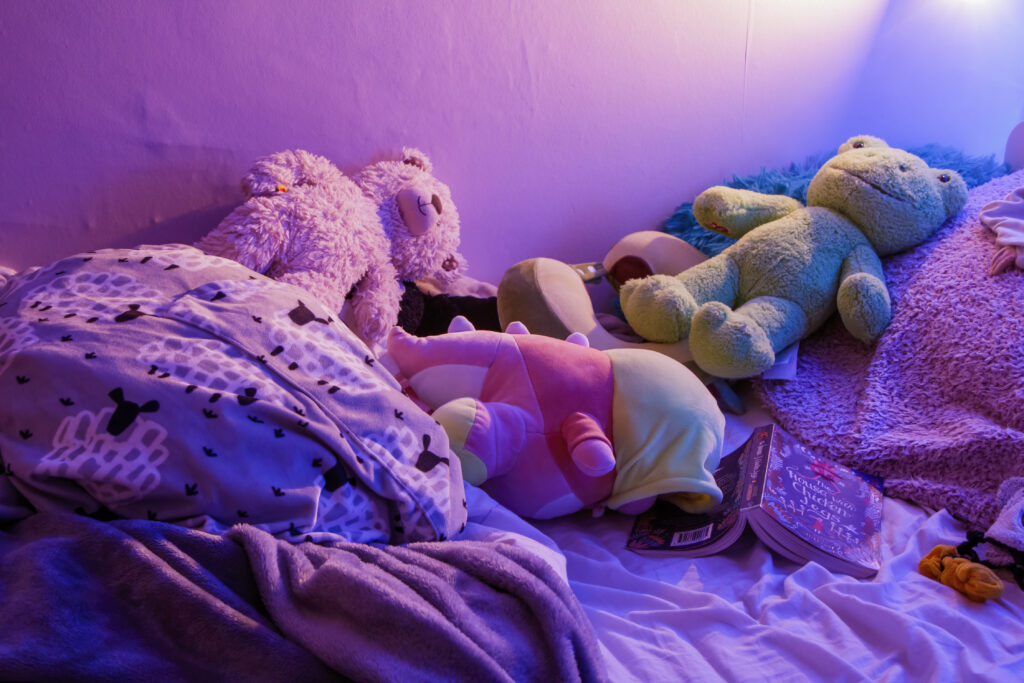
Over the years, along with many other exceptionally talented people, I have helped young people across the UK expand their creative horizons and see the wealth of opportunity that life can have in store for them. But it has always been about them giving a new voice to other people’s (usually companies) messages. Last year I wondered what might happen if we turned the mirror on them. What if we asked these young people to tell us their stories? To highlight the things which make them smile, or make them anxious?
To be young today is immeasurably more constrained and difficult than it was for earlier generations. Yes there is a wealth of possibility and access to things that didn’t exist 40 years ago. But by that same token more is expected of them, and they are tied down by regulations and perhaps more overbearing authority than was the case for us. As just one example – and I am not encouraging such behaviour – in the 70s and 80s bunking off school was not only possible but positively compulsory for some lessons. It is not that kids today wouldn’t do such things, but the security apparatus designed to keep people out (for wholly justifiable safeguarding reasons) has the side effect of imprisoning children within schools until the end of the day. What are the long-term mental health effects of schooling children to believe that no one is to be trusted, and security gates are required everywhere? The innocence of youth has been replaced by constant surveillance.
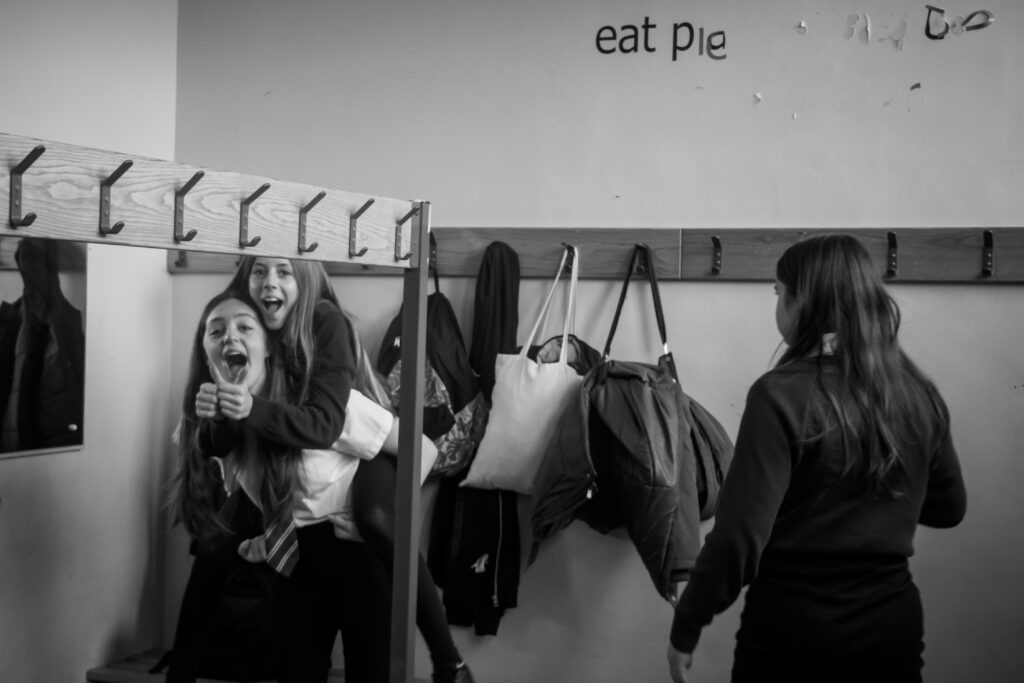
Meanwhile whole communities around the UK have been hollowed out by a combination of austerity, the inadequacy of successive government’s levelling up programmes, and the impact of AirBnB and second homes on small rural communities. One such community is Whitby in North Yorkshire. There a secondary school with a rich heritage faces closure because there are no longer enough children to sustain it. Young families are forced to move elsewhere because house prices are being driven up by properties being bought as second homes and short-term holiday lets.
Eskdale School fought to save itself. But it did not succeed, and the students there face the prospect this coming September of starting at new schools elsewhere. They will of course make new friendships and there will be new opportunities. But the corollary of that is that they will be losing others. Friendship groups will be separated; trusted teachers will change; the familiarity of surroundings that hosted their siblings, parents and even grandparents bulldozed to make way for… well, who knows?
In December the Ideas Foundation ran a workshop with some of these students. Along with the Tom Martin and Ben Worth we helped them to see how photography and writing could give them a voice. But more importantly we helped them realise that their voice was worthwhile. That people would want to hear what they had to say. That there is no right and wrong when it comes to telling your own story.
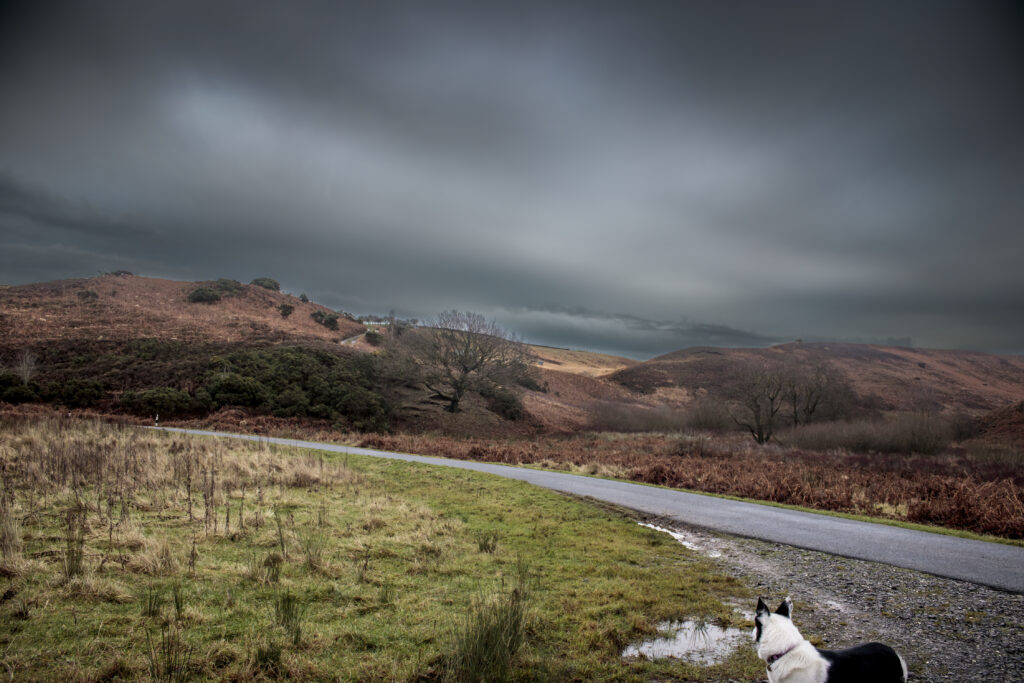
What they have created is deeply moving, and I am thrilled to announce that the Pannett Art Gallery in Whitby is hosting an exhibition of their work from the 21st to the 26th of May.
Collected under the title “Belonging”, the exhibition groups together 13 pieces of writing with images that evoke laughter, emotion and on occasion a deep visceral punch. It is poetic, engaging and deeply moving, yet it retains an undercurrent of hope tinged with trepidation. I encourage everyone who is able to view this work and let us know your thoughts and reactions.
One of the pieces of writing contains a paragraph which reads:
However slowly the walls begin to crack,
Grey tones paint walls and our minds,
We are like a lost cause
from Death of a Birth Place
But it is clear to all of us who worked with them that they are all far from that.
When Tom Martin did a follow up session with them to collect the cameras they had been loaned for two weeks (courtesy of Canon UK) he contrived with all of the students to create a fabulous tableau of the group. They talked about what the exercise had been about, and it was likened to a last supper. The result (below) on display along with an introduction explaining the background to all the work shows clearly how well they work together, their sense of fun, and the joy that being given a chance to tell your own story and actually be heard can bring.
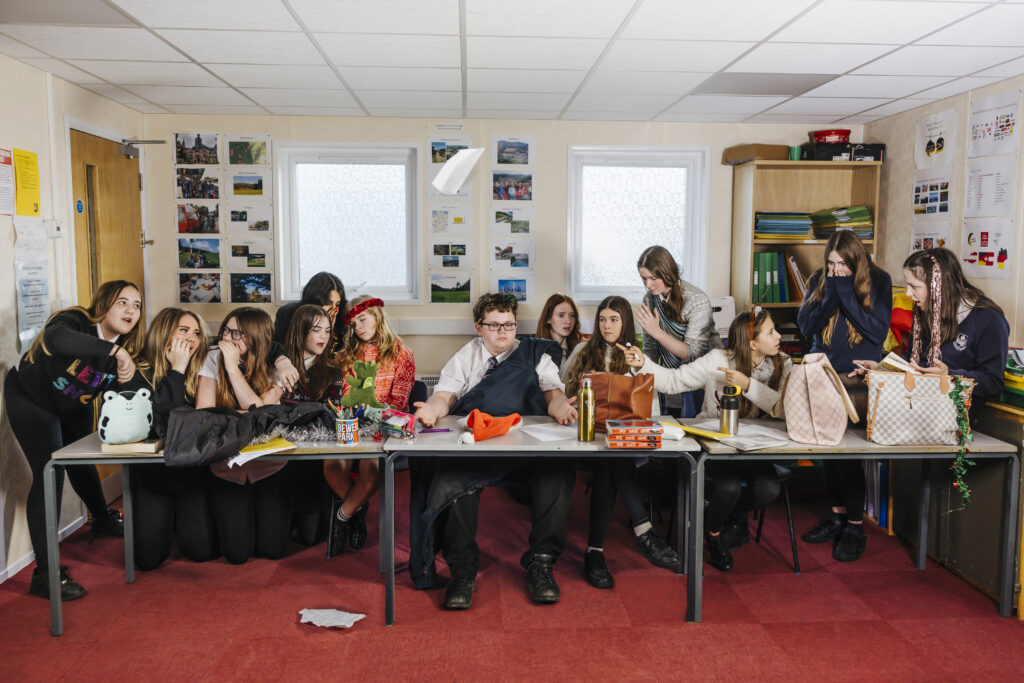
Belonging is on display at the Pannett Art Gallery from May 21st to 26th, and the gallery is open from 10:00am to 4:30pm.
*ESG stands for Environmental and Social Governance


Leave a Reply